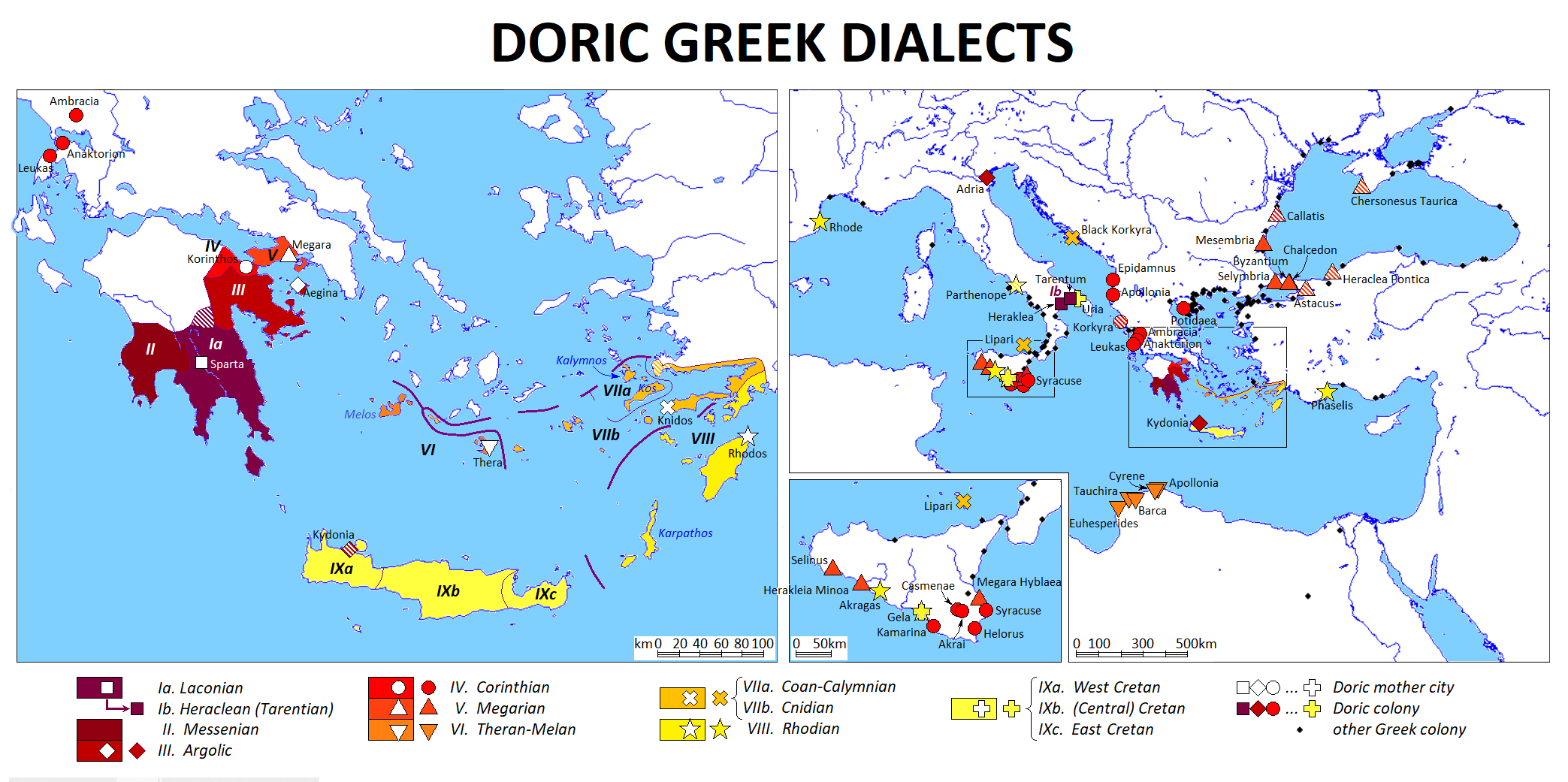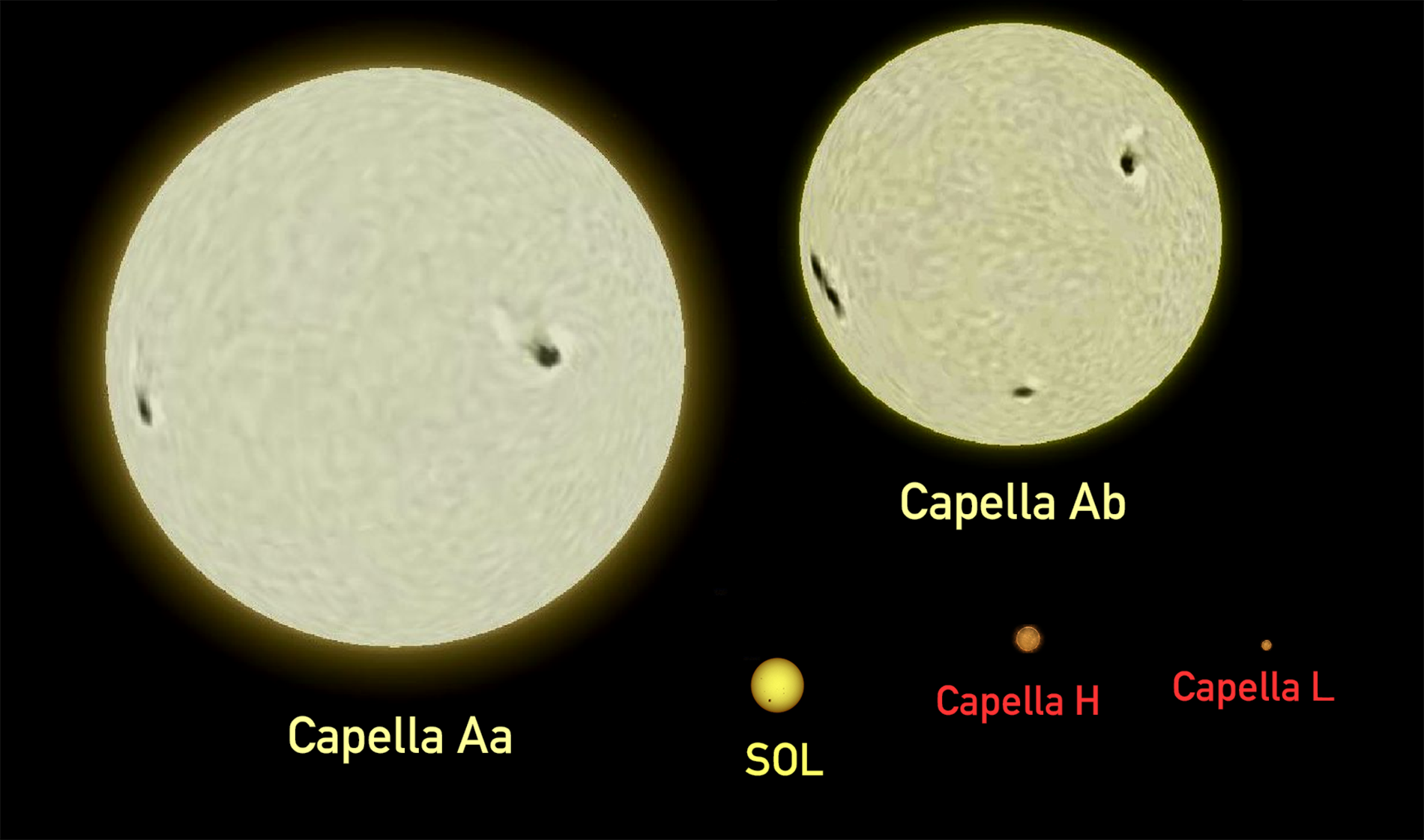|
First Declension
The first declension is a category of Latin declension, declension that consists of mostly grammatical gender#Overview, feminine nouns in Ancient Greek and Latin with the defining feature of a long ''ā'' (analysed as either a part of the stem or a case-ending). In Greek grammar, it is also called the alpha (letter), alpha declension, since its forms have the letter Alpha, α, at least in the plural. In Latin and Greek grammar, the first declension is analyzed as a thematic declension. But its lack of a Proto-Indo-European language, Proto-Indo-European thematic vowel (''o'' or ''e'') and of any nominative singular Proto-Indo-European noun#Case endings, ending (ordinarily ''-s'' or ''-os'') doesn't neatly place it within either of the Proto-Indo-European noun, nominal categories, thematic and athematic. Therefore, it is assumed to be a newer formation: a suffix based on the neuter plural ending ''*-(e)h₂'', forming a collective noun. Latin Latin nouns and adjectives Latin first ... [...More Info...] [...Related Items...] OR: [Wikipedia] [Google] [Baidu] |
Latin Declension
Latin declension is the set of patterns according to which Latin language, Latin words are Declension, declined—that is, have their endings altered to show grammatical case, Grammatical number, number and Grammatical gender, gender. Nouns, pronouns, and adjectives are declined (verbs are Grammatical conjugation, conjugated), and a given pattern is called a declension. There are five declensions, which are numbered and grouped by ending and grammatical gender. Each noun follows one of the five declensions, but some irregular nouns have exceptions. Adjectives are of two kinds: those like 'good' use first-declension endings for the feminine, and second-declension for masculine and neuter. Other adjectives such as belong to the third declension. There are no fourth- or fifth-declension adjectives. Pronouns are also of two kinds, the personal pronouns such as 'I' and 'you ()', which have their own irregular declension, and the third-person pronouns such as 'this' and 'that' wh ... [...More Info...] [...Related Items...] OR: [Wikipedia] [Google] [Baidu] |
Poeta
Poeta (Spanish: ''poet'') may refer to: Biology * ''Poeta'' (moth) Music *'' El poeta'', a 1980 opera by Federico Moreno Torroba *''Poeta'', a 1997 album by Vicente Amigo * "El Poeta" (song), a 2011 song by Chino & Nacho People * Giuseppe Poeta (born 1985), Italian basketball player * Patrícia Poeta (born 1976), Brazilian newscaster and journalist * Tony Poeta (1933–2004), Canadian ice hockey player {{disambiguation, surname ... [...More Info...] [...Related Items...] OR: [Wikipedia] [Google] [Baidu] |
Ancient Greek Nouns
In Ancient Greek, all nouns are classified according to grammatical gender (masculine, feminine, neuter) and are used in a number (singular, dual, or plural). According to their function in a sentence, their form changes to one of the five cases (nominative, vocative, accusative, genitive, or dative). The set of forms that a noun will take for each case and number is determined by the declension that it follows. Cases The five cases of Ancient Greek each have different functions. Nominative The Ancient Greek nominative, like the Proto-Indo-European nominative, is used for the subject and for things describing the subject ( predicate nouns or adjectives): * : : "For Socrates was wise and just." Vocative The vocative is used for addressing people or things. It is frequently the same as the nominative in the singular and always the same in the plural. * : : "What you say is true, Socrates." Accusative The accusative is used for the object of a verb, and also after preposit ... [...More Info...] [...Related Items...] OR: [Wikipedia] [Google] [Baidu] |
Short A
In linguistics, vowel length is the perceived or actual duration of a vowel sound when pronounced. Vowels perceived as shorter are often called short vowels and those perceived as longer called long vowels. On one hand, many languages do not distinguish vowel length phonemically, meaning that vowel length alone does not change the meanings of words. However, the amount of time a vowel is uttered can change based on factors such as the phonetic characteristics of the sounds around it: the phonetic environment. An example is that vowels tend to be pronounced longer before a voiced consonant and shorter before a voiceless consonant in the standard accents of American and British English. On the other hand, vowel length is indeed an important phonemic factor in certain languages, meaning vowel length can change word-meanings, for example in Arabic, Czech, Dravidian languages (such as Tamil), some Finno-Ugric languages (such as Finnish and Estonian), Japanese, Kyrgyz, Samoan, an ... [...More Info...] [...Related Items...] OR: [Wikipedia] [Google] [Baidu] |
Aeolic Greek
In linguistics, Aeolic Greek (), also known as Aeolian (), Lesbian or Lesbic dialect, is the set of dialects of Ancient Greek spoken mainly in Boeotia; in Thessaly; in the Aegean island of Lesbos; and in the Greek colonies of Aeolis in Anatolia and adjoining islands. The Aeolic dialect shows many archaisms in comparison to the other Ancient Greek dialects ( Arcadocypriot, Attic, Ionic, and Doric varieties), as well as many innovations. Aeolic Greek is widely known as the language of Sappho and of Alcaeus of Mytilene. Aeolic poetry, which is exemplified in the works of Sappho, mostly uses four classical meters known as the Aeolics: Glyconic (the most basic form of Aeolic line), hendecasyllabic verse, Sapphic stanza, and Alcaic stanza (the latter two are respectively named for Sappho and Alcaeus). Phonology Consonants Labiovelars Proto-Indo-European and Proto-Greek ''*'' changed to Aeolic ''p'' everywhere. By contrast, PIE ''*'' changed to Attic/ Ionic, Arcadoc ... [...More Info...] [...Related Items...] OR: [Wikipedia] [Google] [Baidu] |
Doric Greek
Doric or Dorian (), also known as West Greek, was a group of Ancient Greek dialects; its Variety (linguistics), varieties are divided into the Doric proper and Northwest Doric subgroups. Doric was spoken in a vast area, including northern Greece (Acarnania, Aetolia, Epirus, Ozolian Locris, western and Opuntian Locris, eastern Locris, Phocis (ancient region), Phocis, Doris (Greece), Doris, and possibly Macedonia (ancient kingdom), ancient Macedonia), most of the Regions of ancient Greece#Peloponnese, Peloponnese (Achaea (ancient region), Achaea, Ancient Elis, Elis, Messenia (ancient region), Messenia, Laconia, Argolid, Aegina, Corinthia (ancient region), Corinthia, and Megara), the Southern Aegean (Kythira, Milos, Santorini, Thera, Crete, Karpathos, and Rhodes), as well as the colonies of some of those regions in Cyrene, Libya, Cyrene, Magna Graecia, the Greek colonisation#Black Sea and Propontis, Black Sea, Greek colonisation#Ionian Sea, Adriatic Sea, and Illyria, the Ionian Sea ... [...More Info...] [...Related Items...] OR: [Wikipedia] [Google] [Baidu] |
Ionic Greek
Ionic or Ionian Greek () was a subdialect of the Eastern or Attic–Ionic dialect group of Ancient Greek. The Ionic group traditionally comprises three dialectal varieties that were spoken in Euboea (West Ionic), the northern Cyclades (Central Ionic), and from BC onward in Asiatic Ionia (East Ionic), where Ionian colonists from Athens founded their cities. Ionic was the base of several literary language forms of the Archaic and Classical periods, both in poetry and prose. The works of Homer and Hesiod are among the most popular poetic works that were written in a literary form of the Ionic dialect, known as Epic or Homeric Greek. The oldest Greek prose, including that of Heraclitus, Herodotus, Democritus, and Hippocrates, was also written in Ionic. By the end of the 5th century BC, Ionic was supplanted by Attic, which had become the dominant dialect of the Greek world. History The Ionic dialect appears to have originally spread from the Greek mainland across the A ... [...More Info...] [...Related Items...] OR: [Wikipedia] [Google] [Baidu] |
Attic Greek
Attic Greek is the Greek language, Greek dialect of the regions of ancient Greece, ancient region of Attica, including the ''polis'' of classical Athens, Athens. Often called Classical Greek, it was the prestige (sociolinguistics), prestige dialect of the Hellenistic period, Greek world for centuries and remains the standard form of the language that is taught to students of Ancient Greek. As the basis of the Hellenistic Koine Greek, Koine, it is the most similar of the ancient Greek dialects, ancient dialects to later Greek. Attic is traditionally classified as a member or sister dialect of the Ionic Greek, Ionic branch. Origin and range Greek language, Greek is the primary member of the Hellenic languages, Hellenic branch of the Indo-European languages, Indo-European language family. In ancient times, Greek had already come to exist in several dialects, one of which was Attic. The earliest Attested language, attestations of Greek, dating from the 16th to 11th centuries BC, are ... [...More Info...] [...Related Items...] OR: [Wikipedia] [Google] [Baidu] |
Aurea
Aurea, golden in Latin, may refer to: * Aromantic-spectrum Union for Recognition, Education, and Advocacy (AUREA), an advocacy organization for aromanticism * Aurea (car), a former Italian automobile manufactured in Turin from 1921 to 1930 * Aurea (singer) (born 1987), Portuguese singer * Aurea Alexandrina, a kind of opiate or antidote * Áurea, a municipality in the state Rio Grande do Sul, Brazil * Aurès Mountains, a mountain range in Algeria and Tunisia * Dioscuri Aurea Saecula, the first demo tape of the Italian National Socialist black metal band Cain * Domus Aurea (Latin, "Golden House"), a large landscaped portico villa, residence of the Roman emperor Nero * Ducati Aurea, a motorcycle made from 1958 to 1962 * Legenda Aurea, the Golden Legend, a collection of hagiographies by Jacobus de Voragine * Legenda Aurea (band), a Swiss heavy metal band * Lei Áurea The (; ), officially Law No. 3,353 of 13 May 1888, is the law that abolished slavery in Brazil. It was signed ... [...More Info...] [...Related Items...] OR: [Wikipedia] [Google] [Baidu] |
Auriga
Auriga is a constellation in the northern celestial hemisphere. It is one of the 88 modern constellations; it was among the 48 constellations listed by the 2nd-century astronomer Ptolemy. Its name is Latin for '(the) charioteer', associating it with various mythological beings, including Erichthonius and Myrtilus. Auriga is most prominent during winter evenings in the northern Hemisphere, as are five other constellations that have stars in the Winter Hexagon asterism. Because of its northern declination, Auriga is only visible in its entirety as far south as −34°; for observers farther south it lies partially or fully below the horizon. A large constellation, with an area of 657 square degrees, it is half the size of the largest, Hydra. Its brightest star, Capella, is an unusual multiple star system among the brightest stars in the night sky. Beta Aurigae is an interesting variable star in the constellation; Epsilon Aurigae, a nearby eclipsing binary with an unusually lon ... [...More Info...] [...Related Items...] OR: [Wikipedia] [Google] [Baidu] |
Pirata
{{disambiguation ...
Pirata may refer to: * ''Pirata'' (Litfiba album), 1989 * Pirata (Jão album), 2021 * Pirata (footballer) (born 1987), a Portuguese footballer * ''Pirata'' (graphic novel), a graphic novel by Pol Medina, Jr * ''Pirata'' (spider), a genus of wolf spiders * '' Il pirata'', an 1827 opera by Vincenzo Bellini * Marco Pantani (1970–2004), Italian cyclist, nicknamed Il Pirata :* '' Il Pirata: Marco Pantani'', a 2007 television film about the cyclist * Pirate Party (Spain) (PIRATA), a political party in Spain * the Prediction and Research Moored Array in the Atlantic network of buoys, known as PIRATA See also * Pirate (other) A pirate is a person who commits acts of piracy at sea without the authorization of any nation. Pirate(s) or piracy may also refer to: Arts, entertainment and media Fictional characters * Air pirate, a character archetype in science fiction an ... [...More Info...] [...Related Items...] OR: [Wikipedia] [Google] [Baidu] |


